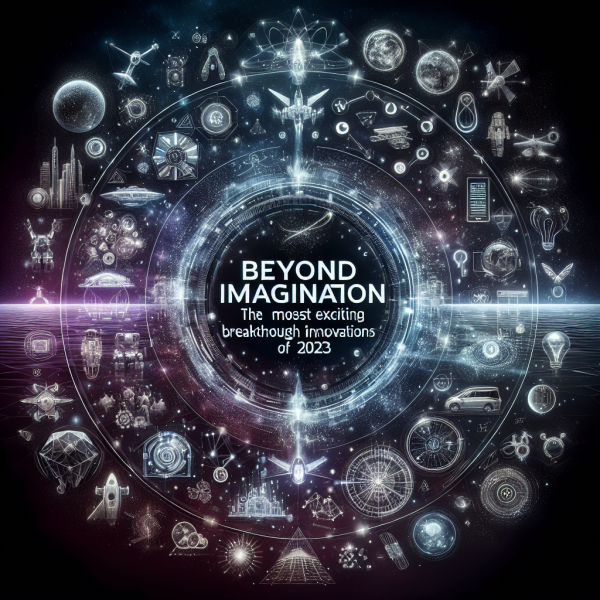Game Changers: Breakthrough Innovations in Health Care Transforming Patient Outcomes

In recent years, the landscape of health care has undergone a seismic shift, propelled by groundbreaking innovations that not only enhance treatment but also transform patient outcomes. From advanced technologies to novel therapeutic approaches, the health care industry is experiencing a renaissance that promises to redefine the patient experience and improve overall health outcomes.
1. Telemedicine: Bridging Gaps in Care
The rise of telemedicine has been one of the most significant shifts in health care delivery, particularly highlighted during the COVID-19 pandemic. This innovative approach allows patients to consult with healthcare providers remotely, breaking down geographical barriers and increasing access to specialists.
Benefits:
- Enhanced Accessibility: Patients in rural or underserved areas can receive expert consultations without the need for extensive travel.
- Continuity of Care: Telehealth facilitates ongoing management of chronic conditions, allowing for regular check-ins without the inconvenience of in-person visits.
Despite initial skepticism, studies show that telemedicine not only maintains the quality of care but, in some cases, improves patient engagement and satisfaction.
2. Artificial Intelligence and Machine Learning
AI and machine learning are revolutionizing the way data is handled in health care. These technologies are now integral to diagnostics, treatment recommendations, and personalized medicine.
Applications:
- Predictive Analytics: AI algorithms can analyze vast amounts of data to identify patients at risk of developing certain conditions, allowing for preventive measures to be enacted.
- Diagnostic Assistance: AI tools are increasingly being used to interpret medical images, such as X-rays and MRIs, with accuracy that rivals that of human radiologists.
With these advances, health care providers can make more informed decisions, leading to timely and accurate interventions.
3. Personalized Medicine
The push towards personalized medicine—tailoring medical treatment to the individual characteristics of each patient—is changing the face of health care. Genetic testing and biomarker analysis provide insights that guide treatment plans, particularly in fields like oncology.
Impacts:
- Targeted Therapies: Cancer treatments can now be customized based on an individual’s genetic profile, increasing efficacy and reducing adverse effects.
- Enhanced Patient Compliance: Understanding a patient’s unique biological makeup allows for a more meaningful dialogue about treatment options, improving adherence to prescribed regimens.
This move toward personalization is fostering a more patient-centric approach, where choices are informed by the specifics of one’s condition.
4. Wearable Technology: Empowering Patients
Wearable devices, from smartwatches to fitness trackers, have empowered patients to take control of their health. These technologies offer real-time data tracking for various health metrics, enabling proactive health management.
Features:
- Continuous Monitoring: Devices can track heart rate, physical activity, sleep patterns, and even blood glucose levels, alerting users to potential issues before they escalate.
- Data Sharing with Providers: Many wearables allow for seamless sharing of health data with medical professionals, leading to more informed clinical decisions.
This level of engagement not only enhances individual responsibility for health but fosters a collaborative relationship between patients and providers.
5. Blockchain Technology: Securing Health Data
As health care becomes increasingly digitized, the importance of secure data management cannot be overstated. Blockchain technology offers a promising solution to the challenges of data security and interoperability.
Advantages:
- Improved Security: Blockchain creates a decentralized and tamper-proof ledger, ensuring that patient data remain secure and confidential.
- Interoperability: By standardizing data formats, blockchain facilitates better information sharing between disparate health systems, leading to better coordinated care.
Through enhanced security and data integrity, blockchain can rebuild trust among patients and providers, a critical component in successful health care delivery.
Conclusion
The innovations discussed herein represent just a fraction of the transformative changes occurring in health care today. Each breakthrough not only addresses existing challenges but also opens new avenues for improving patient outcomes. As these technologies continue to evolve and integrate into standard practice, the promise of a more efficient, equitable, and patient-centered health care system becomes increasingly tangible. Ultimately, these game changers serve as a reminder of the potential of human ingenuity to enhance health care, making it not just a field of science but a commitment to bettering lives.














